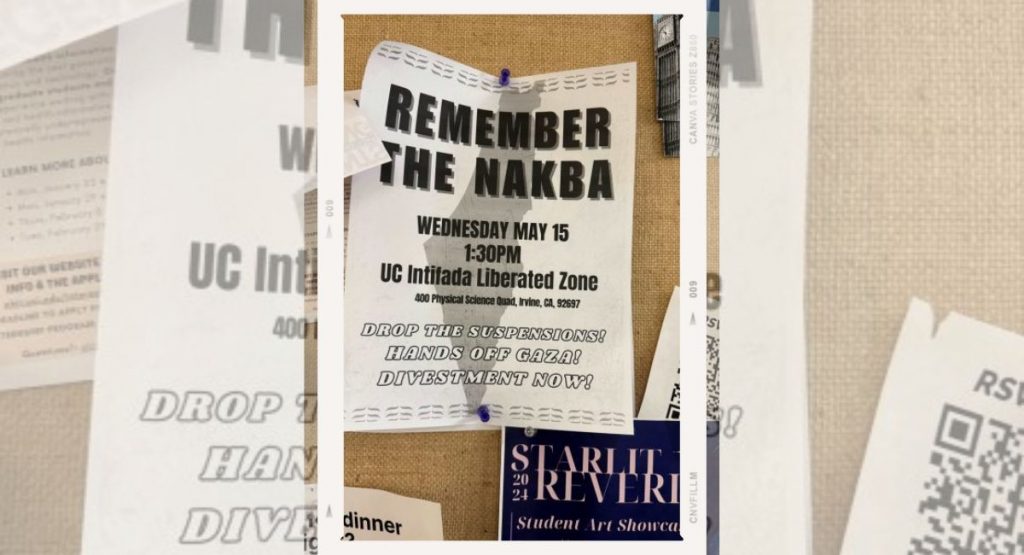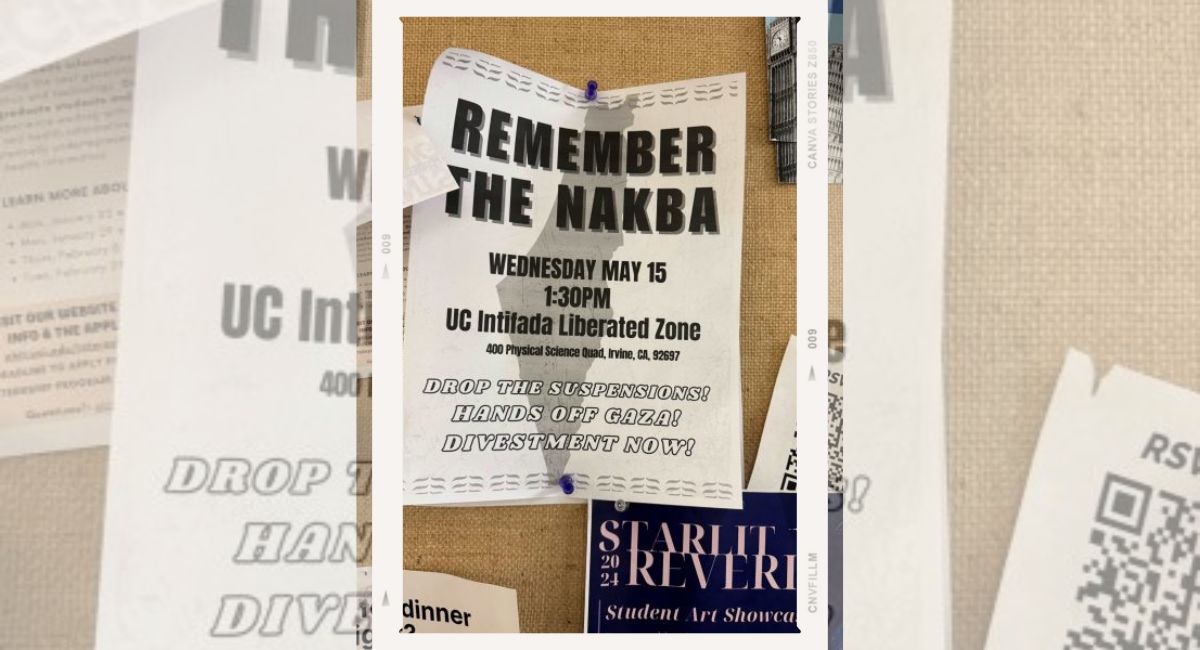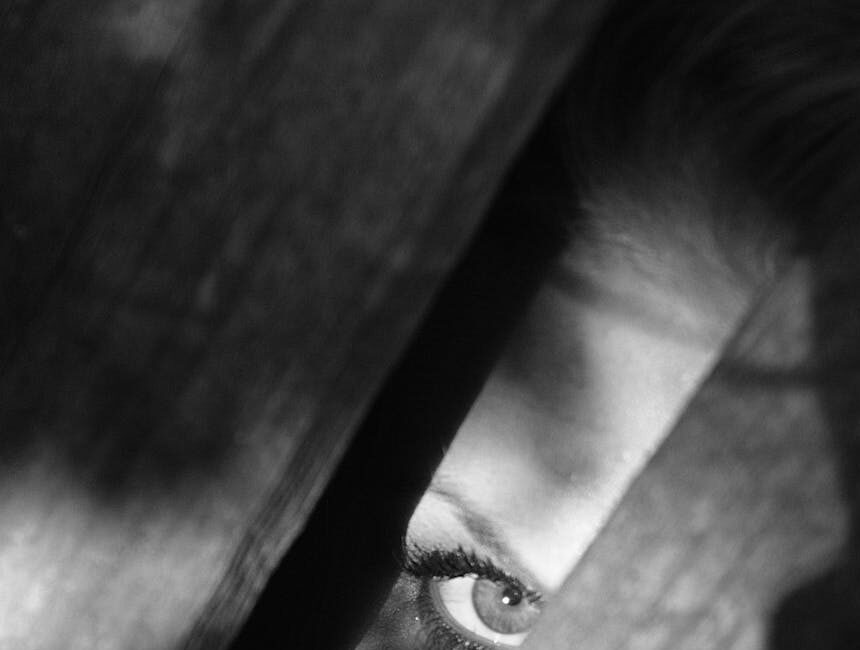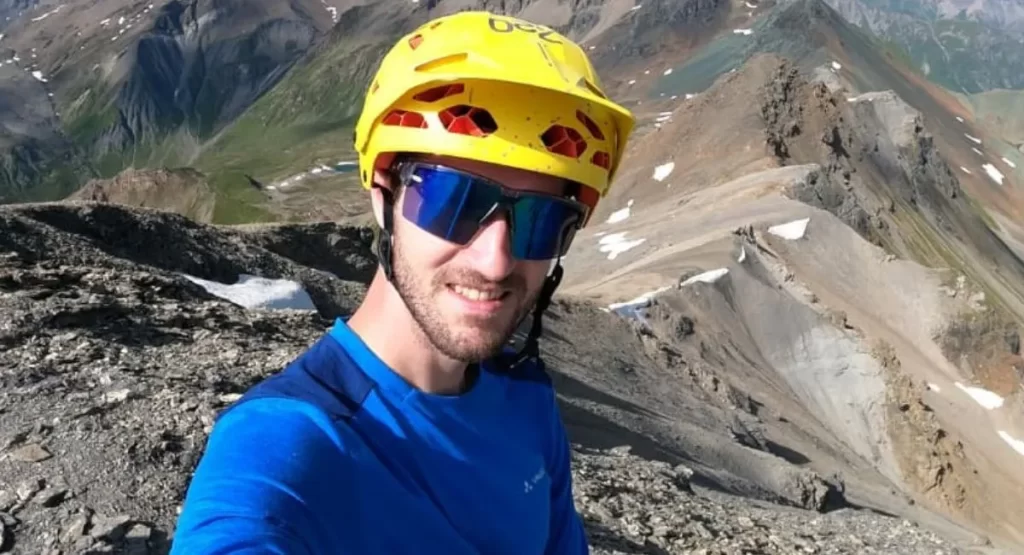
Friday, May 17, 2024
I watched the last Academy Awards, just to check out the nominated films to see if there is anything interesting from the foreign films and animated films because I prefer to watch independent films. That week, I ended up going to the theater to watch Zone of Interest and The Boy and the Heron. They were both interesting movies because of the artistic way they were made. Other movies I wanted to watch were no longer in the theater. So, I guess, I will have to wait for them to come on the independent channel.
Zone of Interest got my attention because it was artistically created, told from a different perspective about the Auschwitz concentration camp. The camera never entered the concentration camp. The story was told via visual images experienced by the Nazi Hoss family—living next door to the concentration camp. They also had Jewish prisoners working for them as slaves. They smelled strange odors from incinerator smoke and they heard all kinds of disturbing noises from the other side. While enjoying themselves at a local lake, they find human bones and body parts. The kids often played with burned teeth. Hoss’ wife often got expensive items from gassed Jewish prisoners. It appeared that the Hoss family were indoctrinated with Nazi propaganda in order to follow Hitler’s orders.
A week later, I watched The Boy in Striped Pajamas on the independent channel. I instantly noticed similarities to Zone of Interest. Both families move to Poland from Germany because the Nazi German Commandant father gets a promotion working at Auschwitz. But The Boy in Striped Pajamas was told from the young German boy’s perspective. Both families ended up moving to the countryside of Poland, near Auschwitz camp. The two German kids in this movie were homeschooled, and the tutor indoctrinated them with Nazi propaganda and lies. But the little boy (Bruno) preferred to explore his new neighborhood as well as read adventure books. He was often bored because there was no one his age to play with.
He became friends with an old man who worked for his family, while his sister fell in love with one of the Nazi German soldiers. He didn’t understand why the German soldier used to abuse this frail old man (Pavlov) until this old man suddenly disappeared. While exploring the countryside, Bruno sees a little boy his age sitting and sulking behind barbed wire fence. They start chatting and become friends, even though he was told not to be friends with Jews. He would often sneak out food for his new friend, and the Jewish kid would voraciously devour it because he was always starving.
His older sister becomes indoctrinated with Nazism and Hitler, while he wants to help his Jewish friend find his missing father. As the young boy continues to explore, he notices that his father invited many soldiers in one room, and they were watching a propaganda commercial promoting a fun camp, filled with fun activities. He thinks that his Jewish friend lives in one of these fun camps, until he asks his friend about the fun camp. He also notices that his Jewish friend wears the same striped pajamas as the old frail man working for his family. Bruno is like a naïve detective, picking up clues, here and there, about his new environment. He becomes excited when he sees his friend Schmuel working inside his house. Bruno offers his friend pastries, and Schmuel devours it quickly. But the Nazi soldier sees him, and accuses the Jewish kid of stealing food.
Bruno is scared to say anything to help his friend. The Nazi soldier ends up abusing the Jewish kid. This German family notice similar clues as the Hoss family in Zone of Interest, such as dark smoke coming out of the incinerator that has a very bad odor, disturbing noises, and seeing the Nazi soldier abusing the old frail man Pavlov and young Jewish boy Schmuel. The two boys remain friends, and they make plans to sneak Bruno inside the concentration camp so that they can look for Schmuel’s father. (It is obvious that Schmuel’s father and Pavlov have been gassed, even though their sudden disappearance was kept a mystery). That day, Bruno snuck a long sub sandwich for Schmuel before their camp exploration.
As he hurriedly ran toward the barbed wire fence, he accidentally dropped the sandwich. Schmuel gave Bruno an extra pair of striped pajamas. After digging a hole under the fence, Bruno wears the striped prisoner uniform as well as a matching cap to cover his dark hair. He crawls under the fence and runs around in the camp, seeking Schmuel’s father. They suddenly get shoved with a herd of prisoners being directed to a specific room. Meanwhile, Bruno’s family notices that Bruno is missing and they find the sandwich on the floor, which gives them a clue where he might be.
His mother and sister arrive at the barbed wire fence to see Bruno’s clothes discarded near a hole. Bruno’s father and other soldiers are looking for Bruno inside the concentration camp. Inside the dark room, the prisoners are told to undress and someone says that it is only a shower, while a man on the roof is wearing a gas mask and pouring something through an opening in the roof. It starts raining outside. Crying in the rain, Bruno’s family realize what happened, as black smoke comes out of the incinerator.
Zone of Interest involved a real family—Rodolf Hoss, his wife Hedwig, and their five children. Rudolf Franz Ferdinand Hoss worked at Auschwitz concentration camp from 1940 to 1943. Although he was raised in a strict Catholic family and his father was pushing him toward priesthood, life changed for Rudolf after his father died. Rudolf decides to join the military instead, probably because his father and grandfather were in the military. But Rudolf starts to stray away from his Catholic faith, move towards Nazism, and follow Hitler’s orders.
According to Wikipedia, he joined the German Army’s 21st Regiment of Dragoons, in which is his father and grandfather were members. With the Ottoman Sixth Army, he fought at Kut-el-Amara, near Baghdad, Iraq and Palestine.
But he later went in hiding at a different town, changed his name, and disguised himself as a gardener. He lived a quiet life until the police finally found him after interrogating his wife and kids. After torturing and abusing him, they arrested him and locked him up, where he realized what he had done was wrong and he returned to his Catholic faith to pray for forgiveness. After trial, he was hanged in Auschwitz at 45.
Another character in Zone of Interest, who was based on a real person, was the mysterious girl riding her bicycle at night and hiding apples at prisoner work areas for them to find. This mysterious resistance worker was based on Aleksandra Kolodziejczyk, who joined the Polish Resistance Movement during her teens. She risked her life, sneaking food, medicine, and clothes to the prisoners as well as helping prisoners communicate with people on the outside by sending messages to and from the camp. Besides hiding apples, she hid various supplies and items at certain areas of the camp during the nighttime. While hiding apples for prisoners, she found the musical score, written by one of the prisoners, Joseph Wulf. In the movie, a young girl was playing this musical score on a piano. Aleksandra died in 2016 at 90, after telling her story to Jonathan Glazer, the director of Zone of Interest.
Another similarity I noticed in both films includes the indoctrination of Nazism and Zionism into kids and the public with propaganda and lies so that the masses will follow the Nazi and Zionist agenda. German kids and adults were indoctrinated with Nazi propaganda and lies at a young age so that they follow Hitler’s agenda. Nowadays, Jewish kids are indoctrinated with similar propaganda and lies to follow Zionism in order to rid Palestinians from Palestine, whether via displacement or mass murder, in order to steal all of Palestine for the Greater Israel Project.
Young American Jews are brainwashed into Zionism when they go to Israel on their birthright trip. It involves taking out Judaism values as well as Hashem (God) from their life so that they will be godless and faithless, which allows them to easily become brainwashed with the Zionistic ideology that is opposite of Judaism. This demented ideology brainwashes Zionists to go against the Torah in order to lie, steal, kill, torture, rape, and do other Zionist filth acts. Such Zionists tend to be Luciferian. Nowadays, there are many Christian Zionists, such as Biden, Trump, and RFK Jr, as well as many elites in media and politics.
Moreover, Revelation 2:9 and 3:9 in the Bible warns about Zionists from Synagogue of Satan as the false Jews, who say they are Jews, but they are not, in order to get their way. It warns about Zionist lies and blasphemy against God.



















